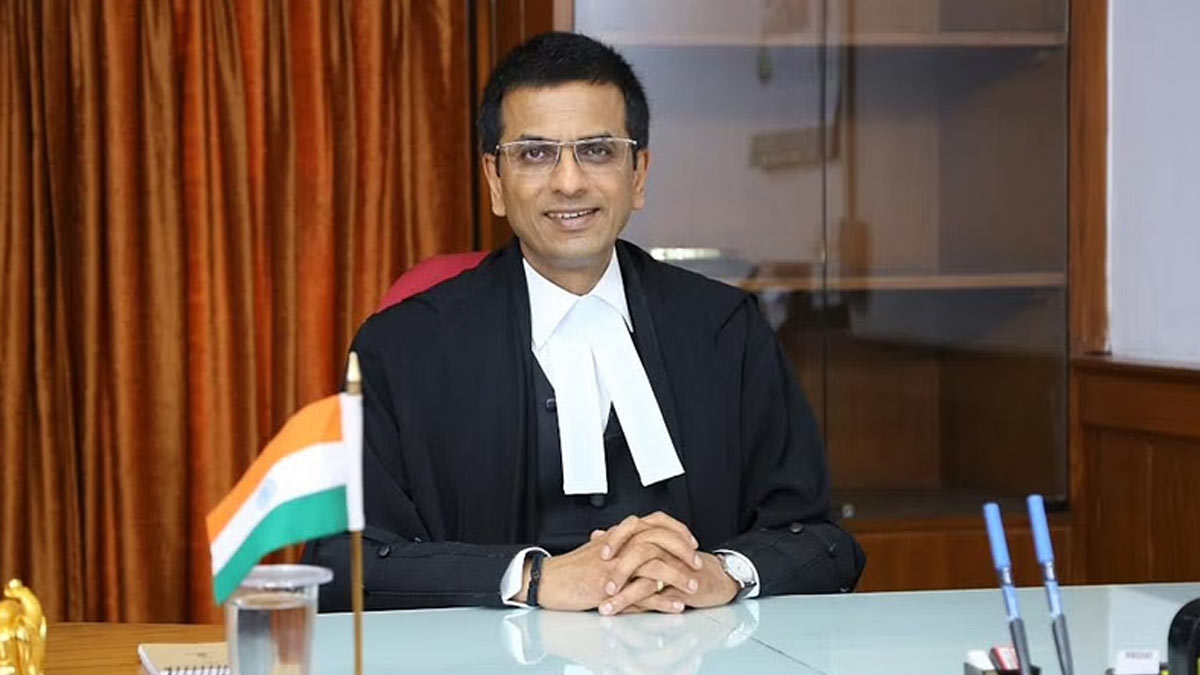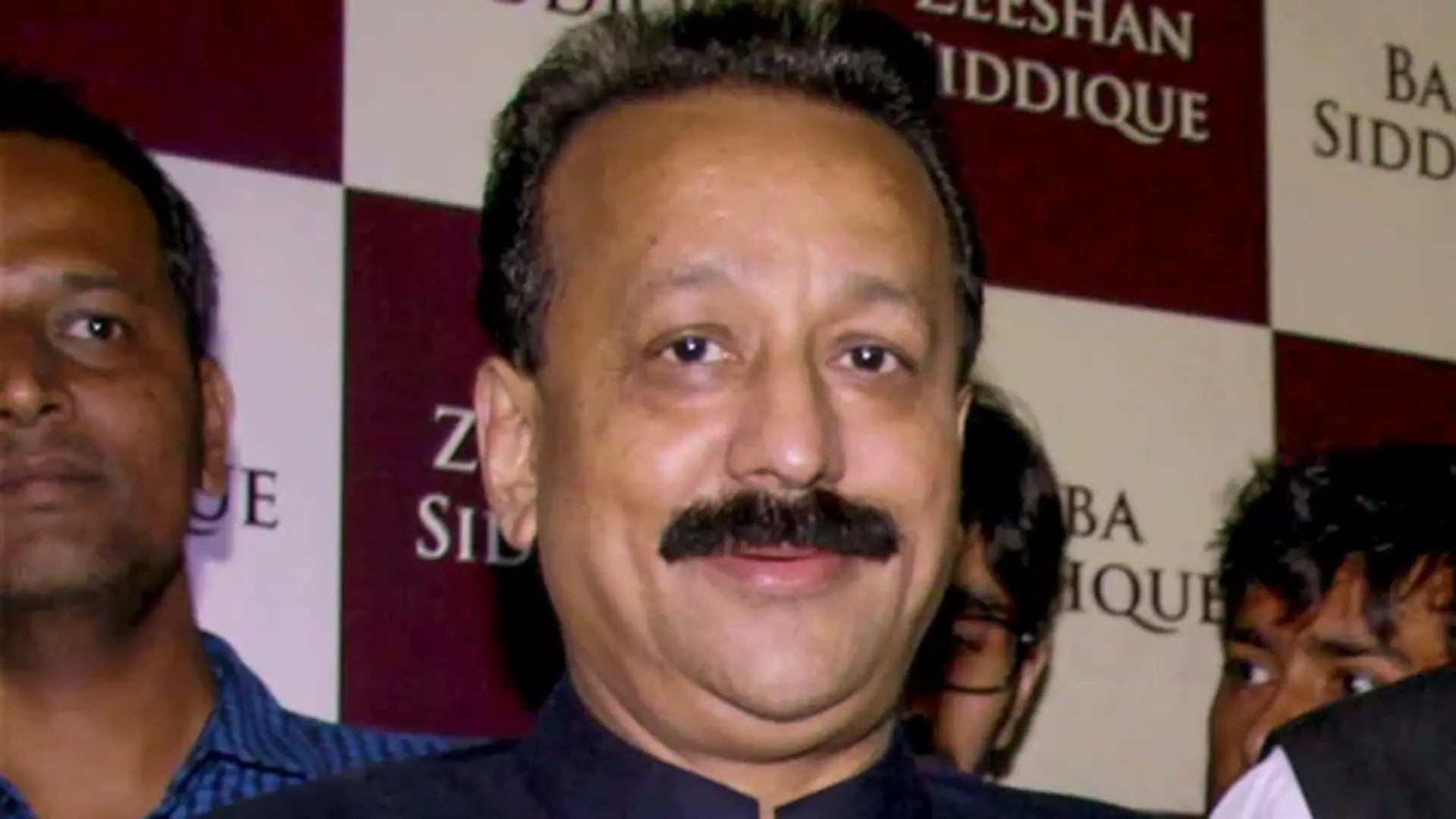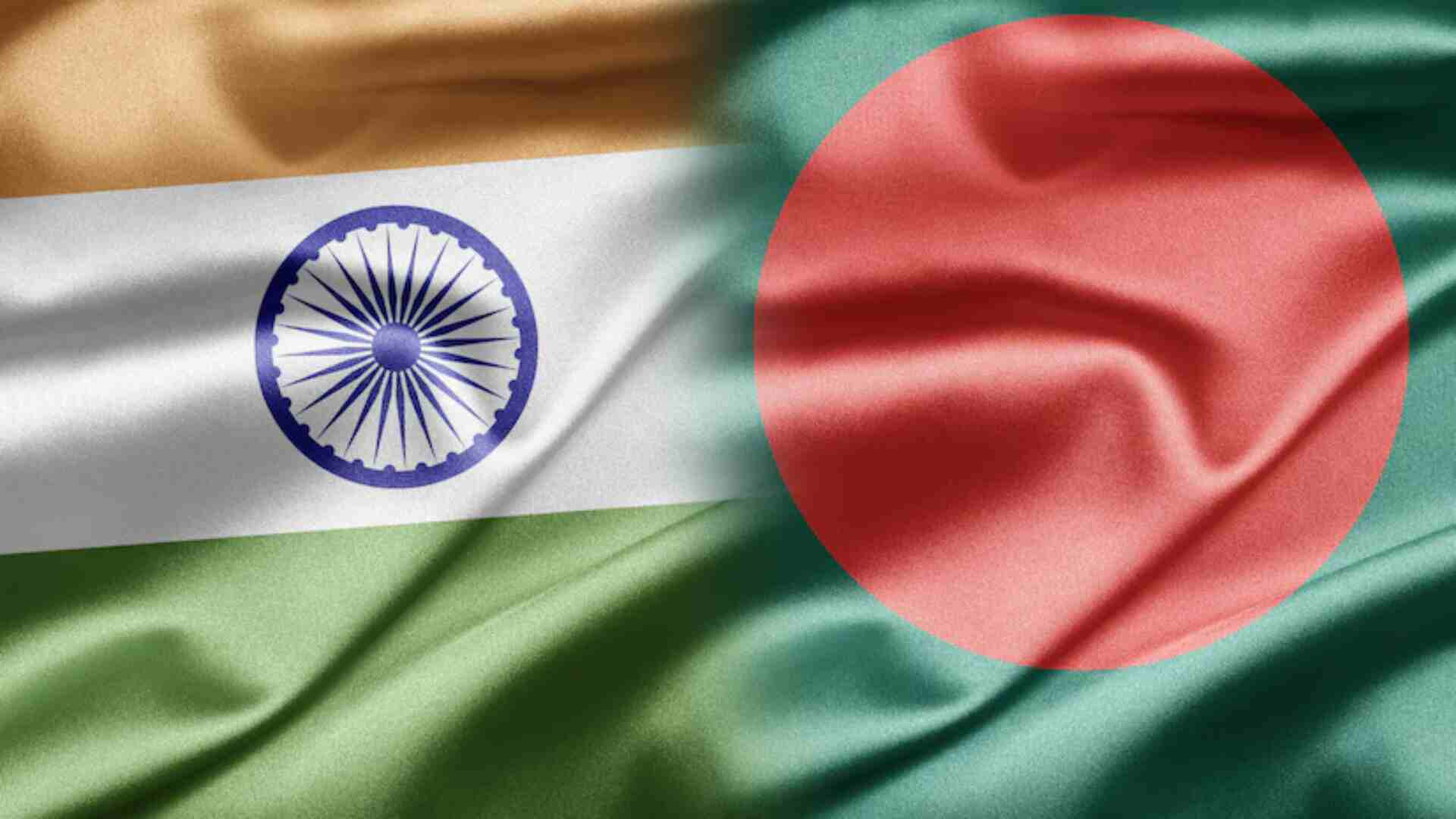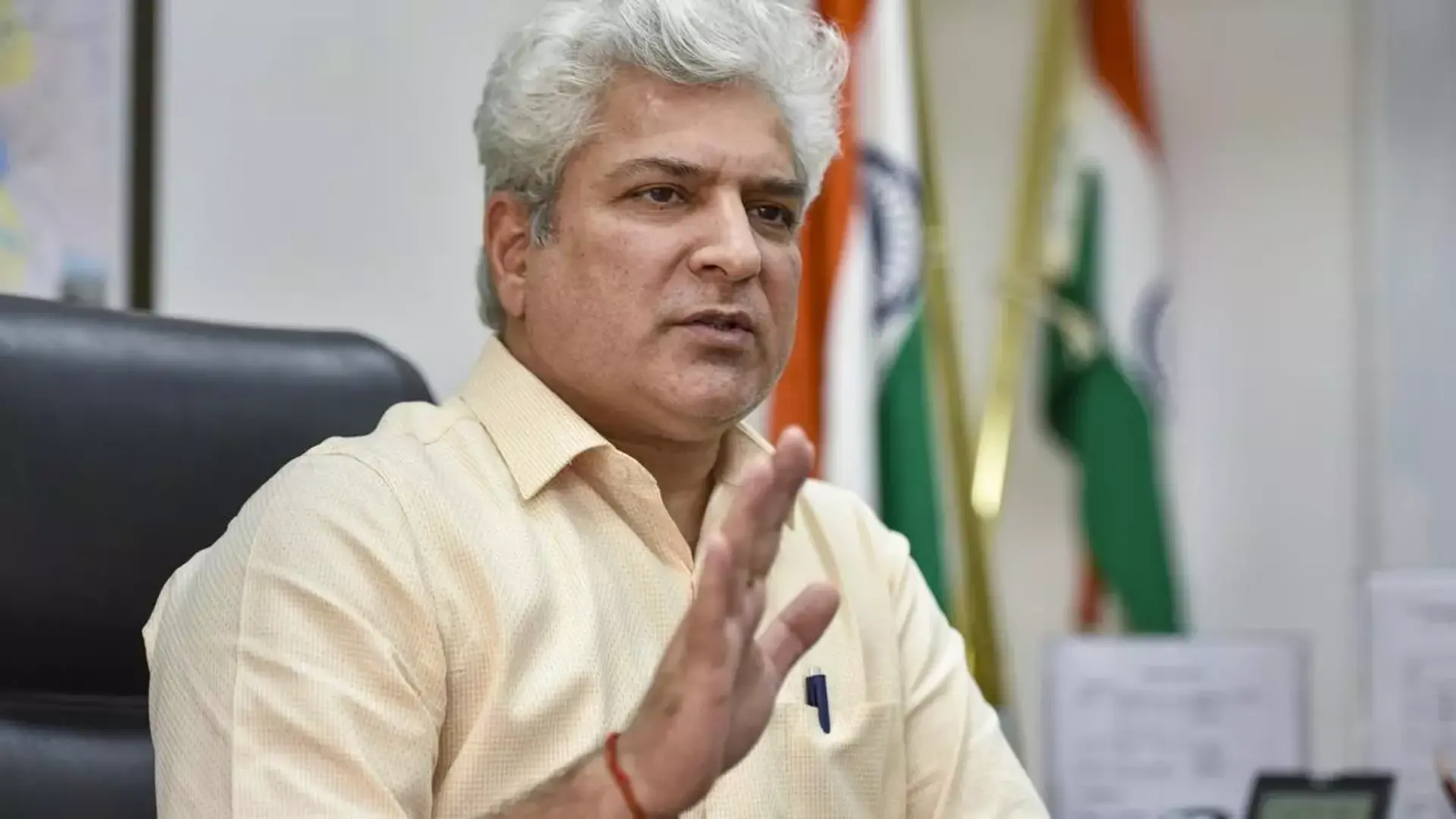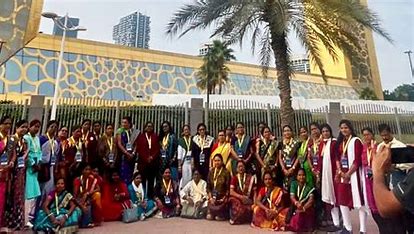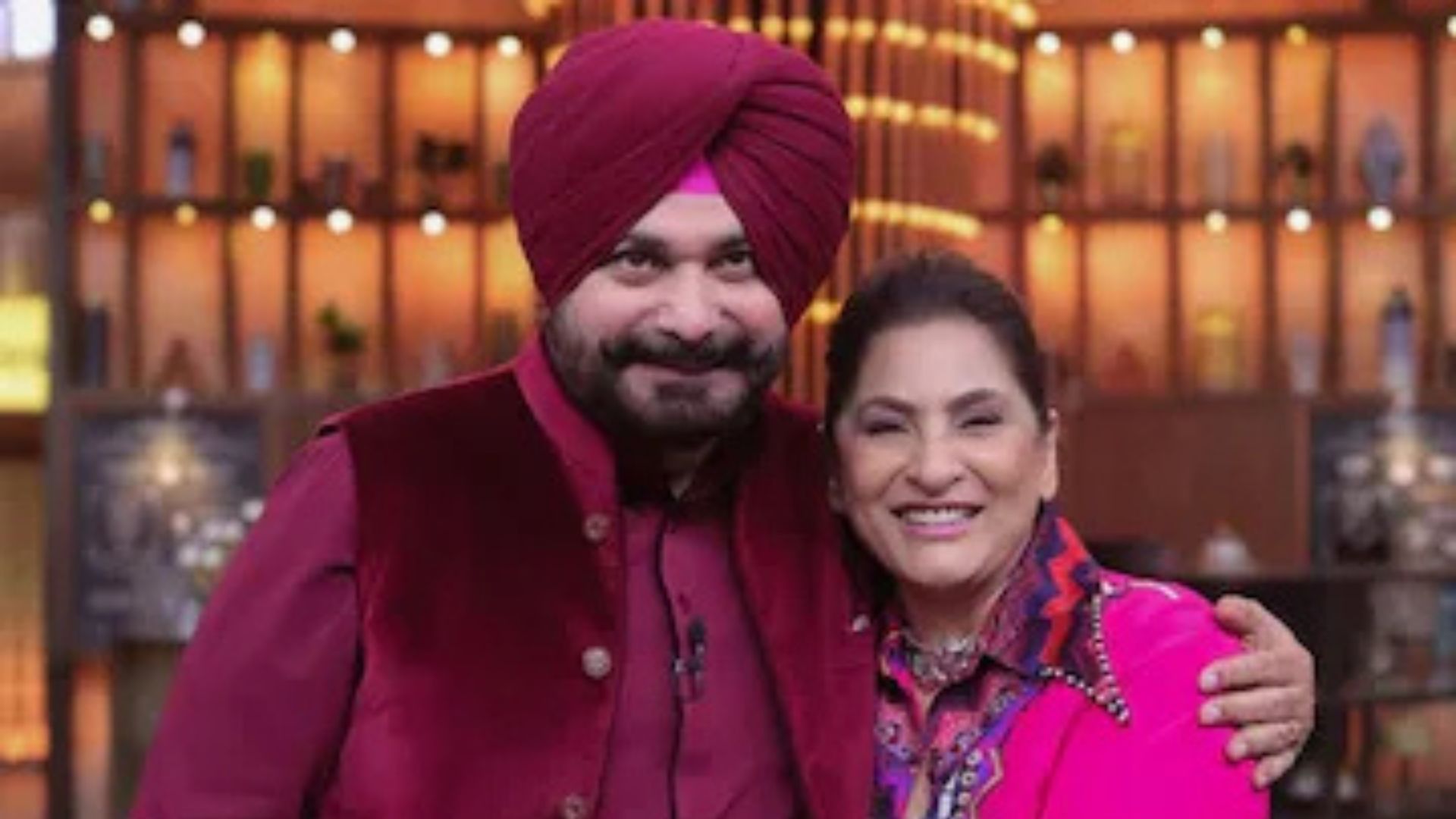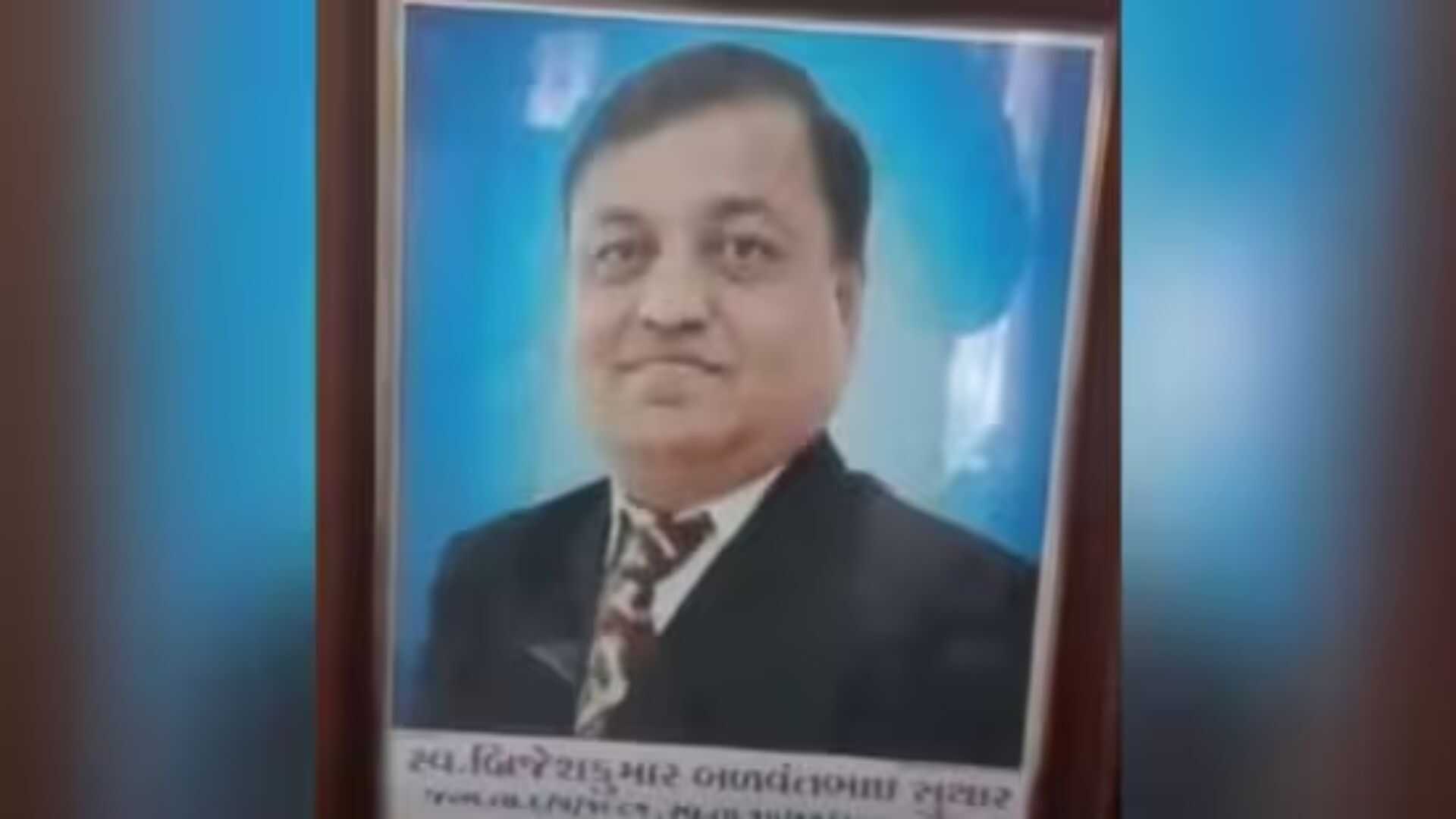In a significant development, the Supreme Court has closed the proceedings against Karnataka High Court Judge Justice Vedavyasachar Srishananda after he issued a public apology for his controversial remarks made during court sessions. Chief Justice of India (CJI) DY Chandrachud, who led a five-judge bench in this matter, emphasized that the decision was made in the interest of justice and to uphold the dignity of the judiciary.
Controversial Comments Spark Outrage
Justice Srishananda garnered widespread criticism for his remarks during a hearing related to a landlord-tenant dispute. He referred to a Muslim-majority area in Bengaluru as “Pakistan” and made a misogynistic comment directed at a woman lawyer. These comments quickly went viral on social media, prompting the Supreme Court to take notice and request a report from the Karnataka High Court, which was submitted shortly after the incident.
Chief Justice Chandrachud condemned the remarks, stating, “No one can call any part of the territory of India as ‘Pakistan.’ It is fundamentally against the territorial integrity of the nation.” He further remarked that the response to courtroom issues should be transparency, asserting, “The answer to sunlight is more sunlight and not to suppress what happens in court.”
Supreme Court’s Guidelines for Judicial Conduct
The Supreme Court had proactively sought to address the situation by reviewing the judge’s comments and their implications. During the proceedings, CJI Chandrachud noted the need to establish clear guidelines for constitutional court judges concerning their remarks. He expressed concern that casual observations might indicate personal biases, particularly when directed at specific genders or communities.
“One must be wary of making patriarchal or misogynistic comments,” CJI Chandrachud cautioned. He underscored that such comments could be construed negatively and stressed the importance of responsible behavior from all judicial stakeholders.
Impact of Social Media on Judicial Proceedings
The Supreme Court bench also highlighted the growing influence of social media in monitoring and amplifying courtroom proceedings. CJI Chandrachud stated that it is crucial for judicial commentary to align with the decorum expected from courts of law, especially given the heightened scrutiny from the public.
The incident involving Justice Srishananda raised important questions about the conduct of judges and the responsibilities that come with their positions. Videos of his controversial remarks, particularly those disparaging a woman lawyer and referring to a locality as “Pakistan,” continue to circulate online, fueling discussions about judicial accountability and decorum.
As the legal community and the public reflect on this case, the Supreme Court’s actions may serve as a precedent for maintaining the integrity of judicial conduct in India.
